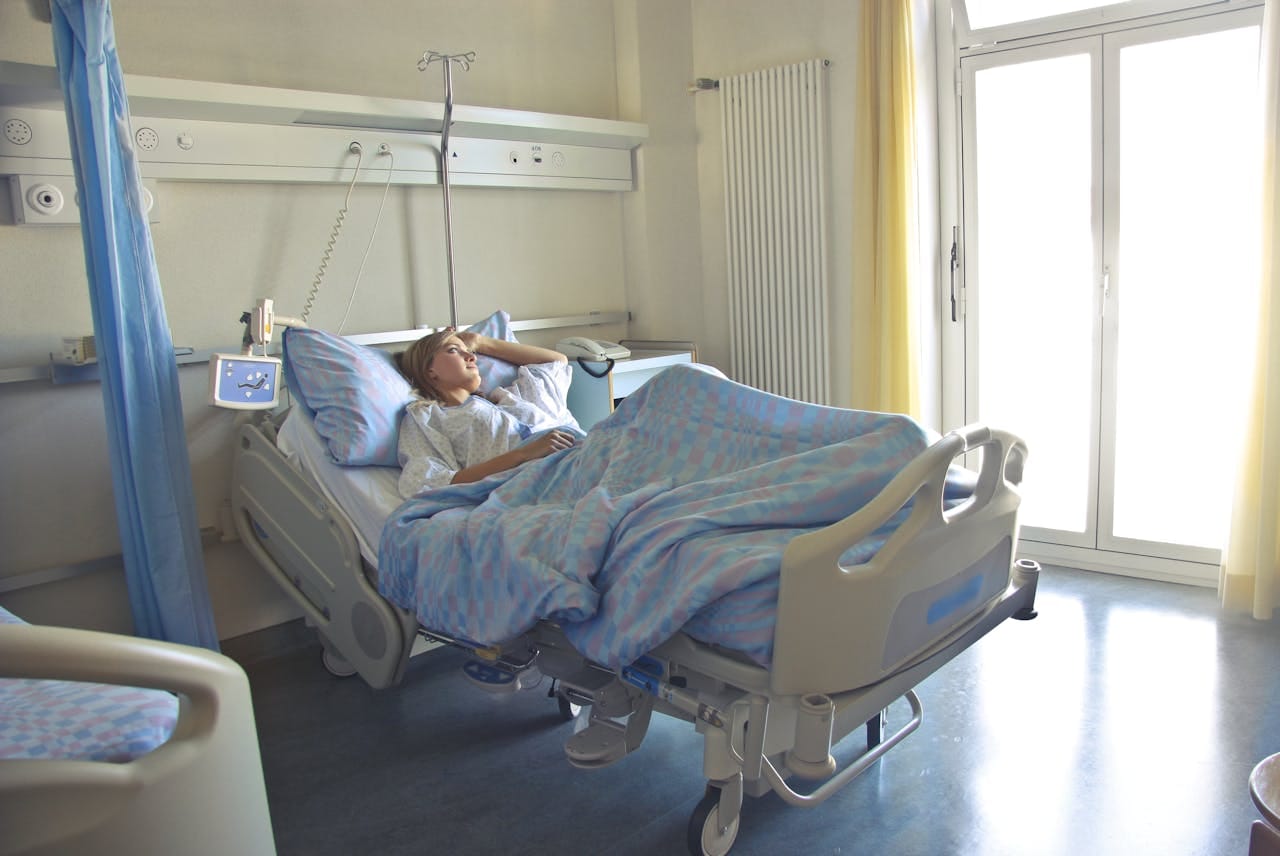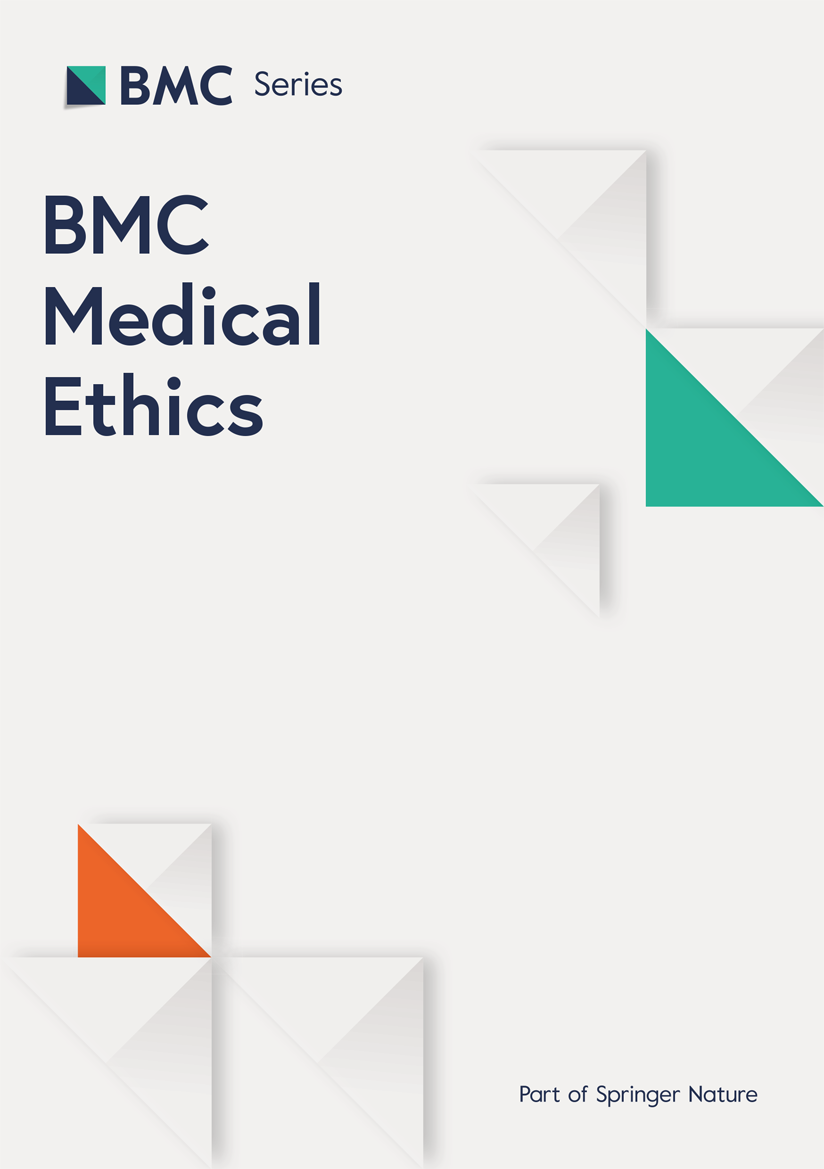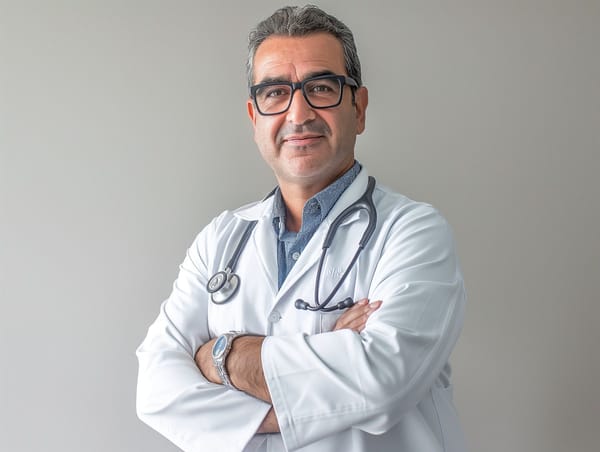Defensive Medicine and Its Role in Driving Medical Tourism: A Doctor’s Perspective
Table of Content
As a doctor involved in medical tourism, I've seen firsthand how defensive medicine, characterized by the preemptive use of unnecessary tests and procedures to avoid malpractice lawsuits, significantly impacts healthcare. This practice not only inflates healthcare costs unnecessarily but also deeply erodes patient trust in local systems.
This growing skepticism, combined with the allure of more cost-effective and efficient healthcare abroad, has led many patients to seek medical services outside their home countries.
My personal experiences with patients who have opted for treatment abroad often highlight their frustration with local healthcare systems perceived as overly cautious and litigious, prompting their decision to pursue better healthcare solutions elsewhere.
Understanding Defensive Medicine, Forms and Effects
Defensive medicine manifests in two primary forms: positive defensive medicine, which entails the excessive use of diagnostic tests or treatments to preclude accusations of negligence, and negative defensive medicine, which involves the avoidance of certain high-risk procedures or patients.
Instances like unwarranted MRIs or unnecessary specialist referrals are commonplace, spurred by a fear of legal repercussions, lack of robust legal protections for doctors, and deep-seated cultural pressures within healthcare systems. These practices not only escalate healthcare costs but also compromise patient care, cultivating a culture of caution over care.

The Impact of Defensive Medicine on Local Healthcare Systems
The ripple effects of defensive medicine are profound. High healthcare costs arise from unnecessary procedures, burdening patients and insurers alike and leading to financial duress. This overdiagnosis or overtreatment can erode patient trust, as the primary driver of healthcare decisions seems rooted more in legal fear than in medical necessity.
Furthermore, the misallocation of resources—prompted by defensive practices—exacerbates wait times and restricts access to necessary care, affecting overall healthcare delivery.
In many Arab countries, including Egypt, the practice of defensive medicine is prevalent among healthcare providers. This approach, where doctors often prescribe unnecessary tests and treatments primarily to shield themselves from potential lawsuits, has significant repercussions. Not only does it lead to escalated healthcare costs, but it also fosters a sense of distrust among patients towards local medical systems.
Such practices, perceived as overly cautious or even misguided, compel many patients to seek proper treatments abroad where healthcare is not only more affordable but also perceived as more directly focused on patient care rather than legal protection.
Moreover, the situation is exacerbated by local conditions that are prompting doctors themselves to emigrate. The pressure of working under the constant threat of litigation, combined with better opportunities and working conditions abroad, is leading to a brain drain in the medical field in countries like Egypt. This migration of skilled healthcare professionals further strains the local healthcare systems and diminishes the quality of care available to patients, making the option of seeking treatment in foreign countries even more attractive.
How Defensive Medicine Fuels Medical Tourism
The repercussions of defensive medicine reach beyond local contexts, significantly influencing medical tourism. Patients often confront exorbitant costs due to defensively driven care, turning instead to countries like India, Thailand, or Turkey, which promise cost-effective and patient-centered alternatives.
These nations not only offer more affordable care but are perceived as more efficient, focusing on patient well-being rather than legal safeguarding. Advanced treatments, otherwise unavailable or delayed in patients' home countries due to cautious medical practices, are also a significant draw. Through my engagement in medical tourism, I've encountered numerous patients who explicitly attribute their choice to seek care abroad to the defensive practices at home.
The Broader Implications of Medical Tourism
The outflow of patients seeking healthcare abroad has tangible economic impacts on their home countries, siphoning off potential revenue and exacerbating the financial strain on local healthcare systems. Ethical concerns also surface, including issues of access equity and the potential exploitation of healthcare systems in developing nations.
Additionally, the cultural shift towards favoring medical tourism can lead to a 'brain drain', where healthcare professionals and resources are increasingly diverted to cater to international patients, further destabilizing local healthcare infrastructures.
Addressing the Root causes for Defensive Medicine
The ramifications of defensive medicine are profound and multifaceted. Economically, it imposes a heavy burden on the healthcare system as unnecessary procedures consume substantial resources that could otherwise be allocated to genuinely needed medical services. This misallocation is not only a financial drain but also leads to inefficiencies within the system, with longer wait times and reduced accessibility to essential healthcare services. For patients, the costs can be debilitating, pushing healthcare out of reach for many due to inflated medical bills for procedures that were medically unnecessary.
Moreover, the over-prescription of tests and treatments can sometimes have dire consequences, leading to situations where the fear of legal repercussions results in clinical decisions that compromise patient safety. There are instances where patients have suffered severe complications or even died because defensive practices either delayed the necessary treatment or resulted in inappropriate management of their medical conditions. The human cost of defensive medicine, thus, extends beyond financial implications, touching the very lives and well-being of individuals.
This pervasive issue of defensive medicine also contributes to the growing trend of medical tourism. Disillusioned by local healthcare systems perceived as overly cautious and impersonal, many patients from Arab countries opt to seek treatment abroad. These international medical destinations often offer not only more affordable care but are also viewed as more patient-centered and less influenced by the legalistic culture that dominates their home countries. This trend not only leads to significant revenue loss for local healthcare systems but also highlights the urgency of addressing the underlying causes of defensive medicine.
Addressing these root causes requires comprehensive reforms. Legal reforms are crucial; malpractice laws need to be realigned with evidence-based medical practices to reduce the fear of litigation. Enhancing the doctor-patient relationship through transparent communication and a focus on patient-centered care is also essential. Additionally, healthcare systems must adopt reforms that discourage unnecessary medical practices and promote the judicious use of medical resources.
Ultimately, tackling defensive medicine is not just about reducing healthcare costs—it's about restoring faith in local healthcare systems, improving the quality of care, and ensuring that medical decisions prioritize patient health over legal fears. These changes are essential for retaining patients within national borders and preventing the loss of both financial and human resources to medical tourism.
Final Notes
Defensive medicine undeniably plays a critical role in driving patients to seek medical care abroad, influenced by inflated costs, diminished trust, and inefficient healthcare practices. As a physician within the medical tourism sector, I have observed these dynamics firsthand and advocate for a concerted effort to address the underlying causes of defensive medicine. It is crucial for all stakeholders—policymakers, healthcare providers, and patients—to engage actively in this dialogue to foster a more trustful and efficient healthcare environment.
Further Readings















